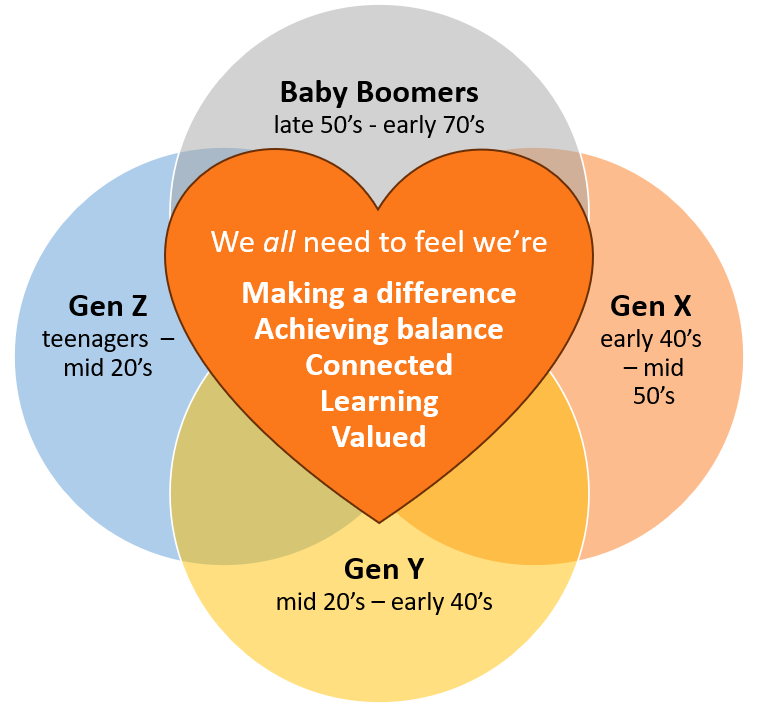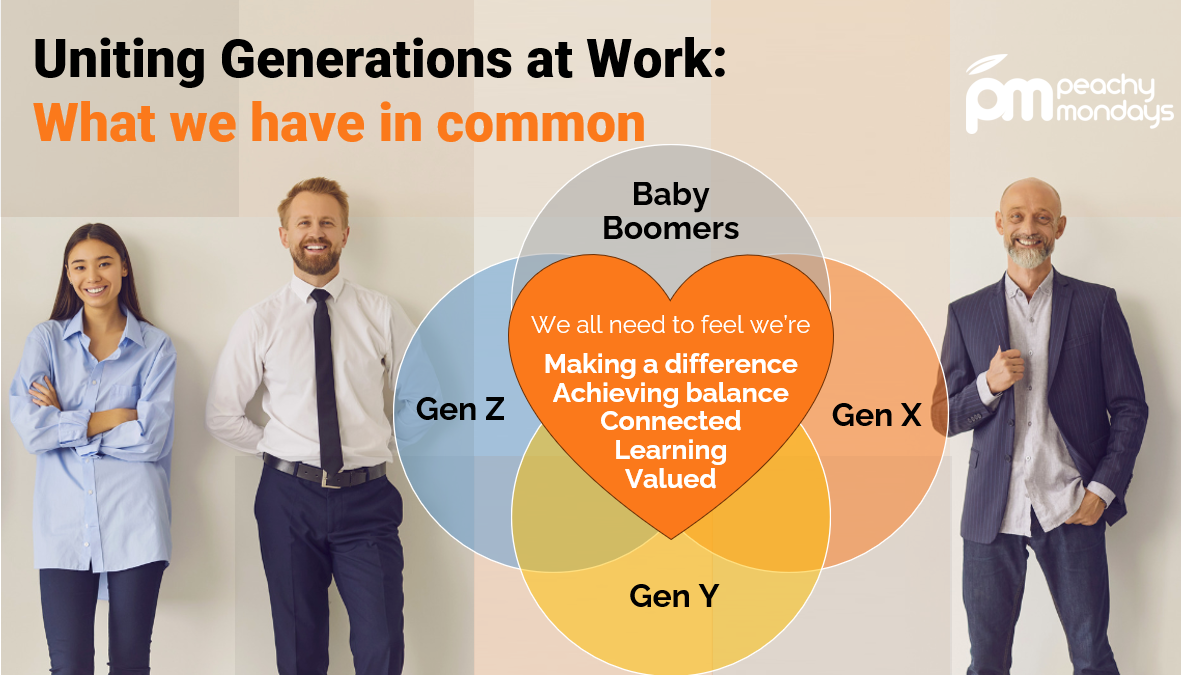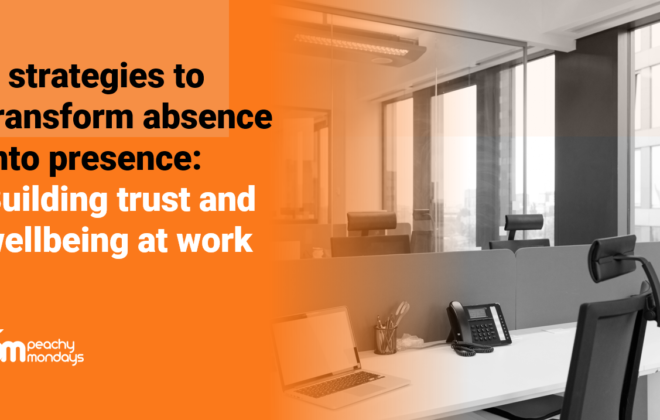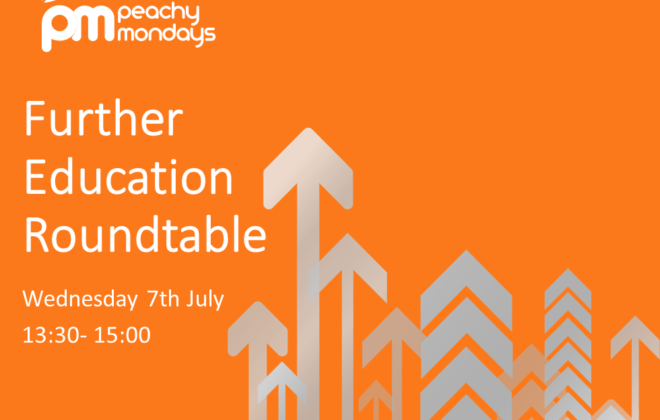Uniting Generations at Work: What we have in common
In today’s rapidly evolving world, conversations about generational differences often lead to debates centred on stereotypes. From the “woke” Gen Z to “entitled” Millennials to the “selfish” Baby Boomers, these labels can create an artificial divide between age groups.
We’re all guilty of chuckling at the memes about “OK, Boomer” and “Millennials can’t afford houses because of avocado on toast,” But there’s way more to each generation than meets the stereotype-laden eye.
Workplaces have changed significantly as skills change and people live and work longer, meaning there is more interaction between generations than ever before. We’re small at Peachy Mondays, but we span every generation!
It’s essential to recognise that despite the apparent differences, there exists a rich tapestry of similarities that bind us across generations – after all, we’re all human, we just have different birthdays.
Beyond Stereotypes
Stereotypes about different generations have been perpetuated for decades. These generalisations, while sometimes grounded in observations, overlook the incredible diversity within each generation.
It’s important to acknowledge that societal and technological shifts have shaped different generations. Baby Boomers grew up in a world marked by post-war economic growth and witnessed the moon landing. Gen Xers navigated the advent of personal computers, and the fall of the Berlin Wall. Millennials experienced the transformative power of the internet, destruction of 9/11 and the AIDS epidemic. Gen Z have grown up with 24/7 connection as part of their DNA and in a complex and volatile socioeconomic environment. Yet, amidst these changes, fundamental human experiences and values persist across generations.
We’ve undertaken research for clients in this area – often the question is ‘how do we motivate and engage each generation’ but often the answer is ‘how do we motivate and engage every generation’ because we find more in common than there are differences.
For example, with one client we found every generation valued:

- A sense of connection to the organisation and their colleagues. While the medium of communication has evolved, the need for human connection remains universal – be that face-to-face, or virtual.
- A sense that they can speak up and their opinion matters. Every generation aspires to leave a world that is improved for their descendants. Whether it’s the Silent Generation’s fight for civil rights or Gen Z’s emphasis on environmental sustainability, the desire for positive change is a shared thread.
- Feeling valued for the work they do. Appreciation matters for everyone, we may differ in how we like to receive that, but that isn’t dependent on generation.
- New challenges / opportunities to learn. This driver varied in position, but was still common across the generations – the desire to learn and adapt is not confined to any single generation, and does not diminish with age
In addition, we found a growing desire for worklife balance and wellbeing across every generation – perhaps for different reasons, but flexibility is a benefit across the board.
Navigating the Generational Landscape
If you find yourself and your organisation falling into stereotypical thinking on generations, what can you do?
- Empathy and Open-mindedness: Recognising the diversity of experiences within each generation promotes empathy and open-mindedness. Engaging in intergenerational conversations without preconceived notions can help dismantle stereotypes.
- Focus on Shared Experiences: Instead of fixating on differences, let’s focus on shared experiences, values, and aspirations. Conversations that highlight these commonalities can foster understanding and connection.
- Mentorship and Collaboration: Breaking down generational barriers can pave the way for meaningful mentorship and collaboration. Older generations can offer valuable insights based on their life experiences, while younger generations can contribute fresh perspectives and technological expertise.
- Celebrating Individuality: While we look for common ground, it’s also crucial to celebrate the uniqueness of each generation. Embracing diverse viewpoints enriches our understanding of the world and encourages personal growth.
In conclusion, the generational divide is a spectrum of experiences, values, and perspectives that intersect and intertwine. While stereotypes might persist, they only tell a small part of the story.
By acknowledging our shared humanity, aspirations, and experiences, we can bridge the gap between generations and foster a workplace that thrives on understanding, empathy, and collaboration. After all, we have more in common than that which divides us.
Related Posts
Categories
- Case Study (13)
- Change and transformation (20)
- Connectedness (4)
- Culture (15)
- Design (10)
- Diversity and Inclusion (1)
- Effectiveness (16)
- Employee engagement (59)
- Employee experience (41)
- Employee Feedback (50)
- Employee Wellbeing (1)
- Events (10)
- Financial Wellbeing (1)
- Happiness (4)
- Internal Communications (9)
- News (24)
- Onboarding (1)
- Organisational Effectiveness (17)
- Uncategorized (3)




